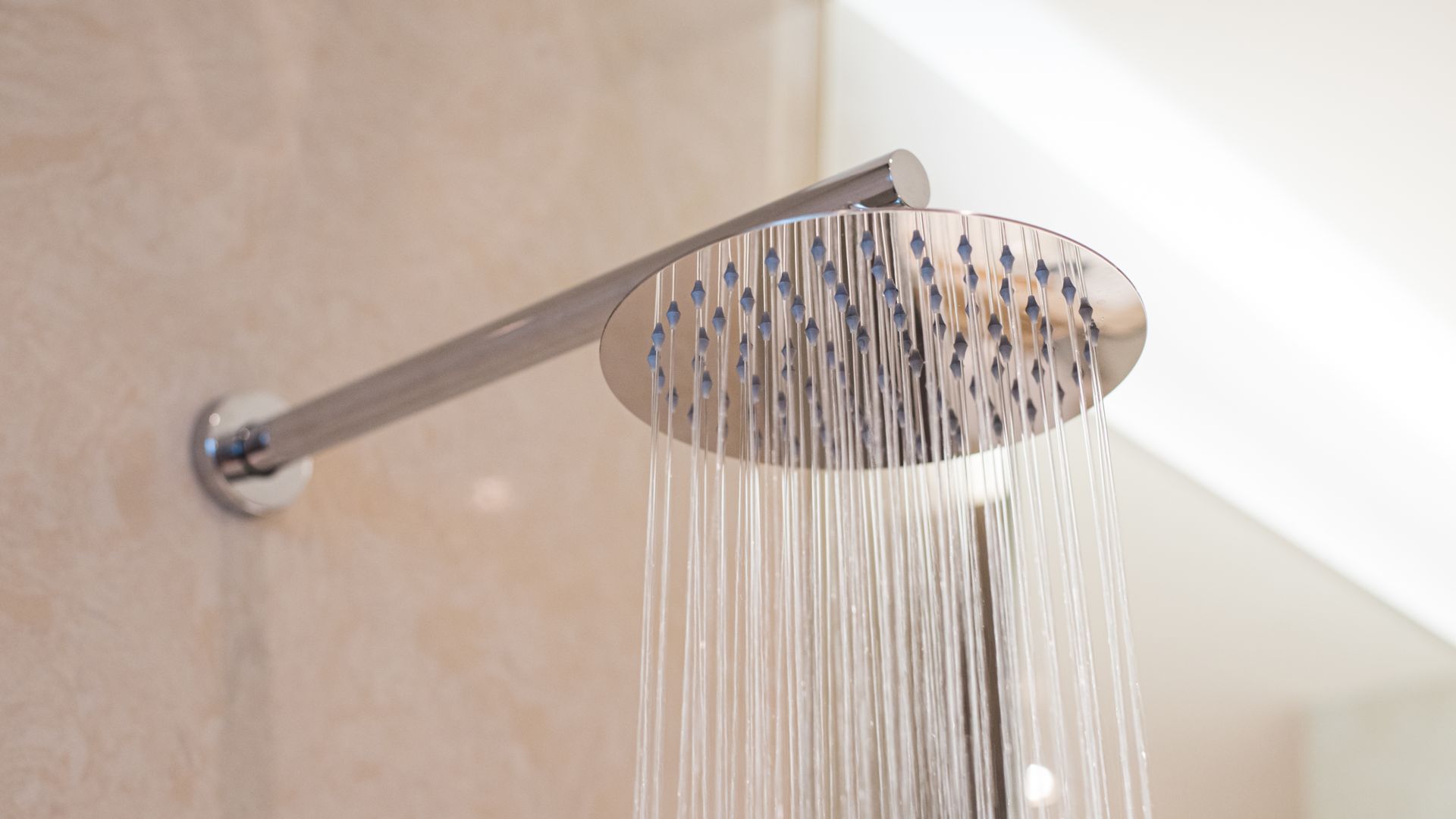A tankless water heater, known also as an instantaneous or on-demand water heater, heats water as needed rather than a traditional storage system that heats an entire tank of water. This not only saves energy, but because tankless systems are so much smaller, they save a great deal of space. Tankless systems have a longer life span than tank-style systems, so their warranties are different. Here is more information on tankless water heater warranties and life expectancy.
Tankless water heater warranties
A tankless water heater warranty normally covers the parts and heat exchanger separately. Like the tank is to a tank-style water heater, the heat exchanger is to a tankless system. The typical tankless warranty covers the heat exchanger for 10 years and the rest of the parts for three to five years.
A tankless water heater system is expected to last 20 years (much more on this later). Manufacturers of all products, not just tankless water heaters, typically set their warranties at half of the product’s expected life span. The warranty of your dishwasher, for example, is about half of its life expectancy.
One advantage of a tankless system is that even if the heat exchanger fails after its warranty period, for example, you can either buy a new heat exchanger or replace the entire system. If a tank fails, you do not have this kind of choice.
Factors that determine a tankless system’s life expectancy
- Period of time: While the average tank-style system typically lasts 10-15 years, a tankless system, as stated previously, is expected to last at least 20 years. That lifespan can be extended even further by replacing the heat exchanger rather than the whole unit.
- Maintenance: As with any product, regular maintenance is necessary in order for that product to reach its maximum life span and beyond. Have your tankless system cleaned periodically by a service technician who will use a flush kit. It is normally recommended that you have this done on an annual basis. There are some models, however, that eliminate the need for periodic maintenance because they are self-flushing. Either way, if a tankless system becomes clogged it will perform an automatic shut-off in order to prevent permanent damage, and that will require a re-start.
- Water: The kind of water flowing through your tankless system is probably the biggest determinant in regard to life span. If your water is too acidic or too hard, you will probably have to have it treated. Water that is too acidic can cause corrosion, while water that is too hard will cause a build-up of minerals or scale and could void your warranty.
- Installation and other considerations: Obviously, correct installation is key to a tankless system’s life span. In addition, a gas system has to be properly vented or it can lead to a hazardous condition. There are some tankless systems that can be installed outdoors, but you have to make sure that the freeze protection safeguard works properly, and you must be aware that if the power goes out the freeze protection system can fail. Most warranties do not cover damage that occurs due to freezing.
If you have any questions regarding tankless water heater warranties and life expectancy, call Feehan Plumbing & Heating at (610) 795-9327.
